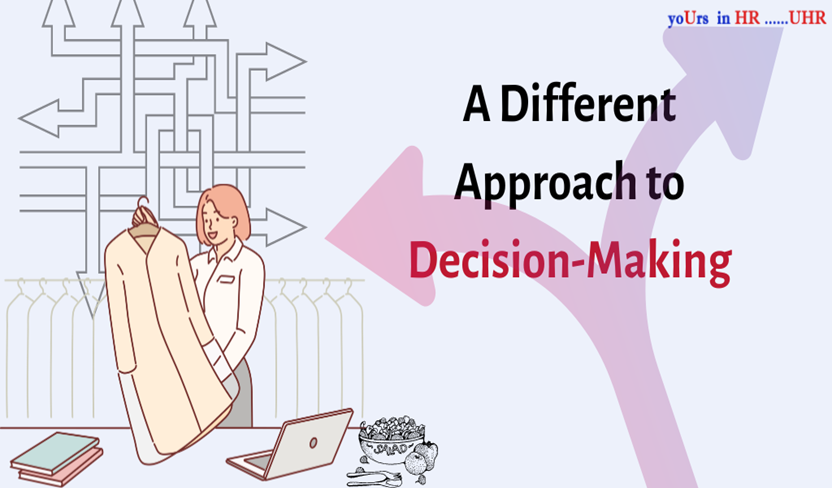
As Sudeshna started her new job, the initial excitement started to fade.
Contrary to her expectations, she seemed to be receiving more feedback than she had anticipated.
Sure, any new endeavour means a new learning curve. But somehow, Sudeshna started to feel that everyone seemed to be saying nothing but criticising her.
Everywhere she turned, she got feedback feedback and more feedback, about what she can do better, what she can do differently.
Over time, the self-created monster of self-doubt started to creep in, and she began to wonder if she is even capable of her job and if she is even competent enough. She began to wonder if she can ever do anything right.
With a defeated expression, one fine evening at a work party, Sudeshna was standing in a corner quietly. One of her new colleagues, a senior HR manager Rachna noticed her gloomy demeanour and approached her.
‘Hi Sudeshna, may I join you? You seem very gloomy. Is everything okay?’
‘Hi Rachna. Yes, everything is fine, but I don’t know if I am in the right job…’
Somehow, Sudeshna found Rachna’s presence to be comforting, and she confided all the self-doubt, the impostor syndrome and the feelings of inadequacy she had been experiencing. To this Rachna responded,
‘I understand. New jobs can be tough to adapt to, plus so much feedback can make one feel like there’s nothing right that they are doing. I see it- you should have been given some encouragement and positive feedback as well. It is also true though, that receiving feedback is but another opportunity for growth. Have you heard about growth mindset?
Sudeshna nodded with some doubt. She had heard about it, but didn’t know about it in detail. Rachna continued her explanation,
‘Growth mindset is when you adopt a particular attitude. It is believing that your intelligence, aptitude and competence are forever works in progress, and every criticism, every feedback especially negative feedback is an opportunity to develop your intelligence, aptitude, capability and competence further.
‘Instead seeing criticisms and feedback as attacks on your capability and competence, they should be seen as instruments to grow them further. The feedback will only help you in succeeding in your role and doing a fabulous job with it eventually. That’s growth mindset.’
Sudeshna found her mood lighten and lift, as she realised how wonderful it was to receive so many opportunities to grow at her new job.
Growth mindset is thus all about:
- Changing the way you view feedback: the feedback you are getting isn’t about pointing out your flaws—it’s about helping you improve and succeed in your role.
- Feedback as a chance to learn and not something to be upset about.
- Believing that your competence and capabilities are not static and fixed, and every feedback, every criticism is an opportunity to grow and evolve your competence and capabilities.
- Understanding that most of the times when people criticise you, they are not trying to bring you down deliberately and it is actually a reflection of their belief in you that you are capable of doing better.
Doing everything right all the time is a myth. Instead of trying to put the pressure on ourselves to be perfect all the time, and in turn closing ourselves off to feedback or seeing feedback as an attack on our capabilities, growth mindset enables us to ease up a bit, allowing ourselves to learn and grow.


